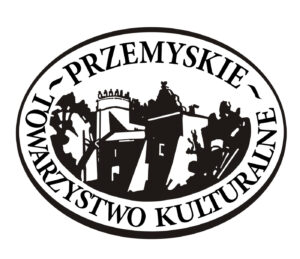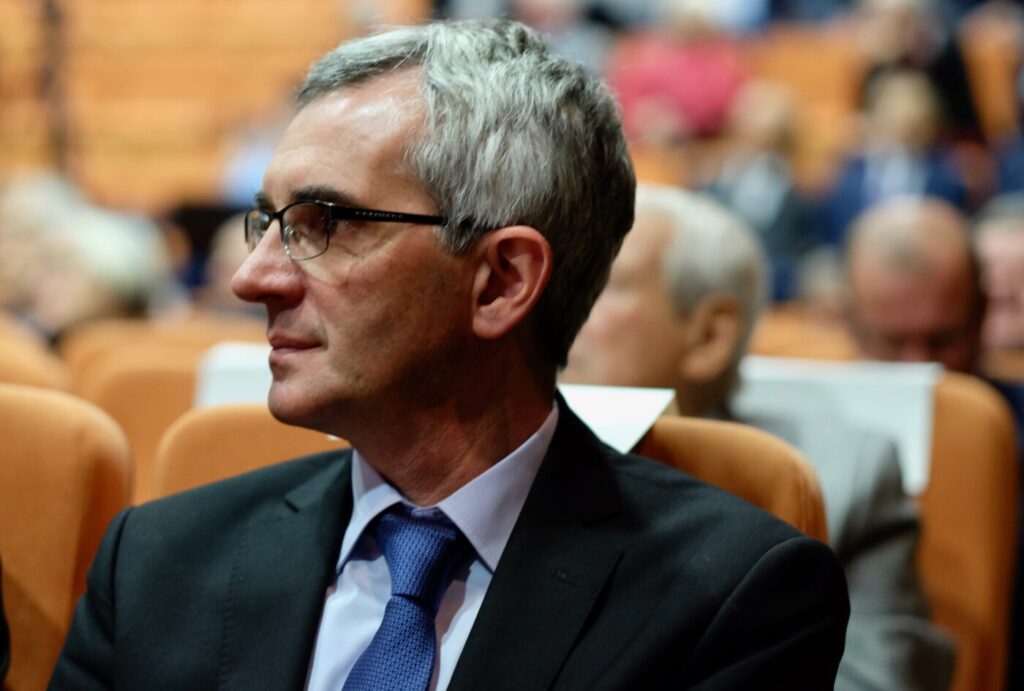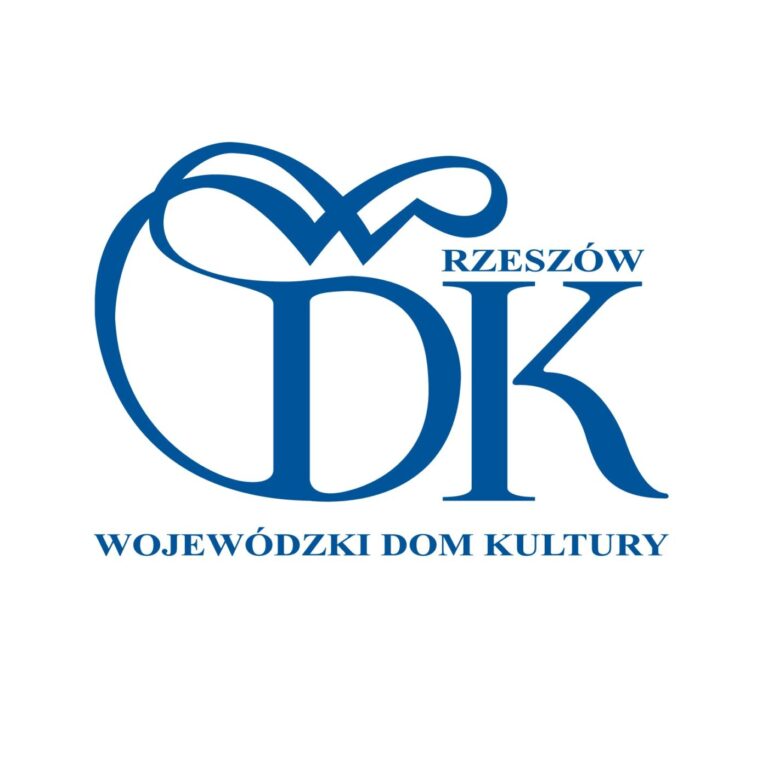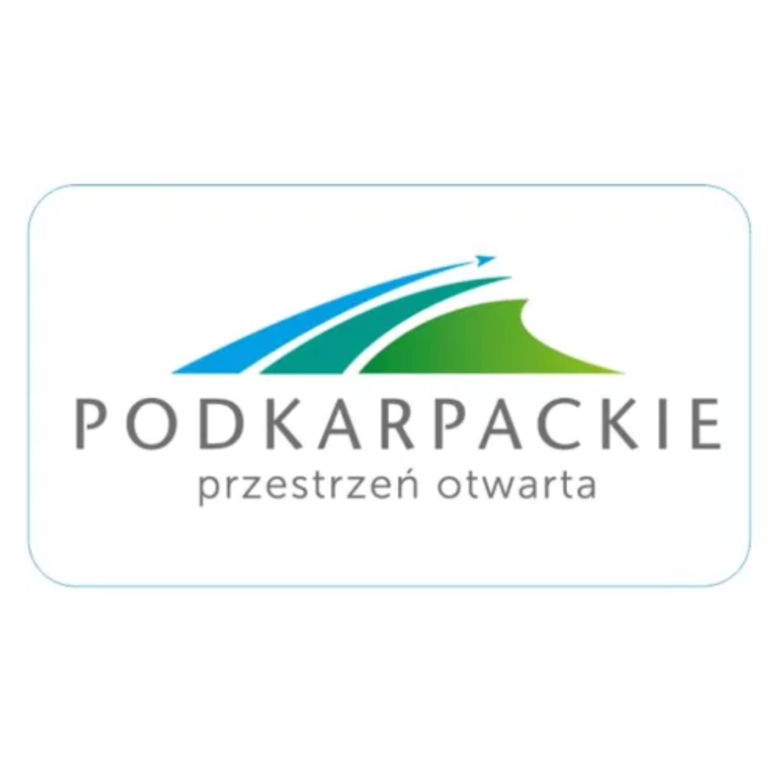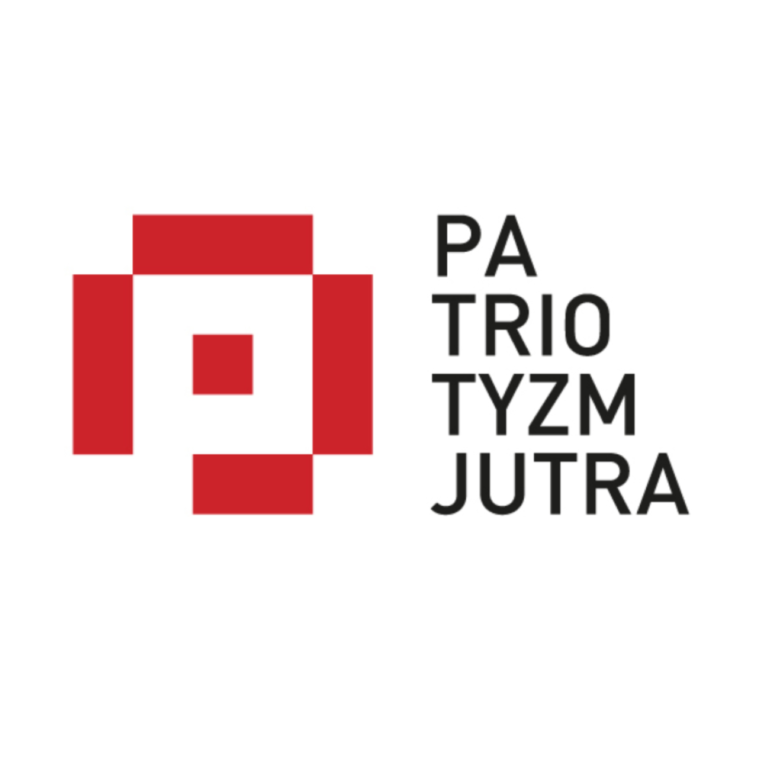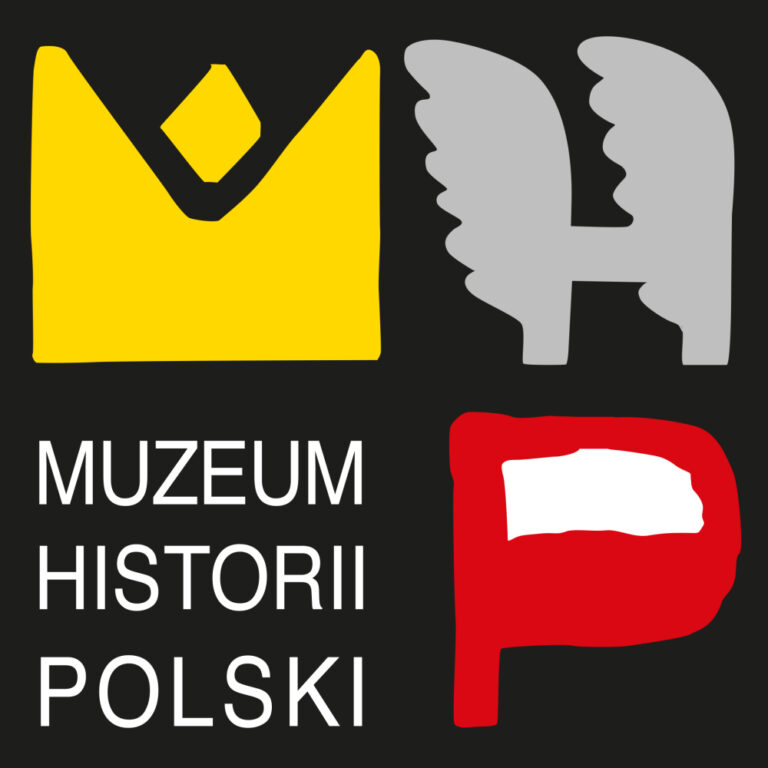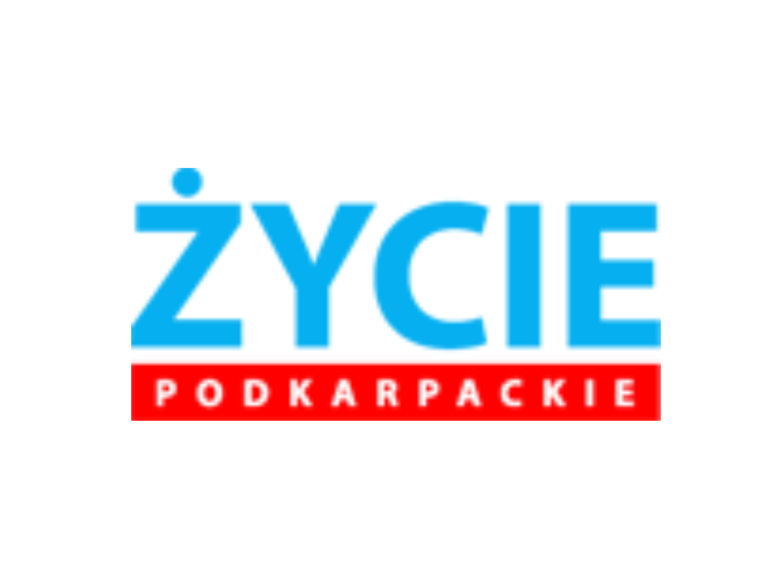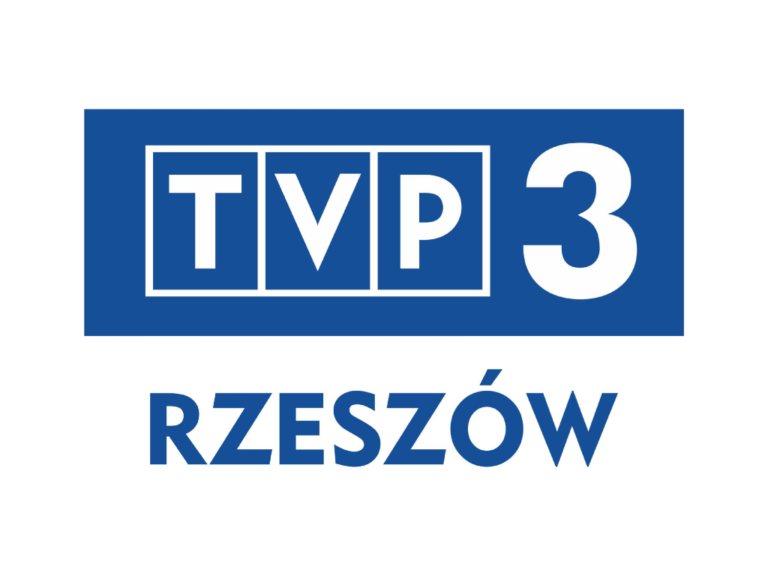It is difficult to avoid the suspicion of wanting to join the ranks of self-aggrandizers who, bending history a bit, want to put on the robes of a hero. Since in those very days I was a young person, a high school student, a student, a young teacher, it is easier for me to describe this period, standing somewhat on the sidelines. Although I took a direct part in many of the recalled undertakings of the Przemyśl opposition, I can, keeping a little distance, bear witness to them. I met many of the real heroes of that time, people who showed courage and steadfastness. I also learned about the actions of the security forces - what they were able to do to people, breaking their resumes, private and professional lives, condemning them to imprisonment, exclusion. When I see some of the former UB functionaries and leaders of the Communist Party on the streets, smiling, happy, participating in public and political life, words commonly considered offensive come to my lips. I hope that my recollections will recall, first of all, those who have passed away, who often had a great part in the fight against communism for freedom.
Before I got to the attic
Although I came into contact with opposition activities in high school, I can say, repeating my dad's joke, that I sucked the "love" for the Soviet Union from my mother's milk. Both of my parents were borderlanders. My grandfather on my father's side was locked up by the Soviet occupiers the first week of the occupation in Kolomyia. My mother, born in 1937, on February 10, 1940, in the first wave of Soviet deportations, she and her entire family "went on a trip" near Arkhangelsk. There my grandmother died after two months in exile. The first Communist lie that bothered me most as a teenager was the notation on my parents' identity cards - "place of birth: USSR."
The first direct involvement in opposition to communism was the construction of a church in Przemyśl's Kmiecie district. This small wooden barn, which became a church under the leadership of Father Adam Michalski, was a true oasis of freedom, but also provided an extraordinary sense of community. Disregarding constant surveillance by the UB, the residents of the then few blocks of flats worked together to build the church as a building, but also as a parish community. My fellow peers and I set about digging the foundation of the parsonage, and later helped build a more civilized form of church. Without much experience, we became altar servers, lectors. Father Michalski, constantly subjected to repression by the communist authorities, steadfastly built the church and the community. Masses on holidays that were forbidden in those days, such as May 3, November 11, August 15 were always celebrated solemnly, complemented by fiery patriotic sermons that became history lessons. This was also the time when I began to participate in similar ceremonies in which Archbishop Ignacy Tokarczuk spoke.
Starting my studies at the Juliusz Słowacki High School I in Przemyśl in 1979, I met Adam Szostkiewicz as my teacher. The young Polish and English teacher quickly won the hearts and minds of our class students. This was the time of first contacts with the literature of the so-called "second circuit," including the poetry of Czeslaw Milosz, the works of other "banned" poets and writers. Since A. Szostkiewicz became an active Solidarity activist, including the spokesman for the Solidarity Trade Union of the Przemysl Region, even though he stopped teaching us at school, he became a "connector" in Solidarity, where I came more and more often to get second-circulation blotter and books. The real leaders of this student opposition of ours were Jacek Mleczko, Maciek Kędzior and Ela Błońska. It was thanks to them that my visits to the ZR on Stone Bridge became bolder and bolder. At that time I met the Kurowski brothers, who worked in the spokesman's office. There I underwent my first lessons in printing on duplicating machines, and this skill was still to come in handy in later times. In September 1981, at the suggestion of A. Szostkiewicz, I went with three other students to Gdansk for a meeting of the nascent independent student government. Together with Mariusz Czarniecki, Jurek Tomusiak and a colleague from the Economic School Complex (unfortunately, I don't remember the name and I hope that this wonderful girl will forgive me), we participated in an unusual meeting. To the young rebels came, among others, Andrzej Gwiazda and other leading Solidarity activists. It was a great shock. In large urban centers such as Gdańsk, Warsaw, Kraków, Poznań, the structures of independent student governments were being born, and they already had, among other things, their own magazines (published outside censorship, of course). I managed to get in touch with the editors of the "Polish Student" magazine, thanks to which I carried a backpack full of blotter paper to my high school, and later still several times received parcels with more issues, which I distributed among high school students. Unfortunately, as it turned out, the "carnival of freedom" lasted only a few more months. I still remember one of the meetings I had with Adam Szostkiewicz at the Regional Board, sometime in late October 1981, when he declared that the critical moment was approaching. He pointed out that the struggle for, among other things, freedom of speech, the abolition of censorship, was unacceptable to the communists, and a crisis situation would probably arise. This is also what happened. On the morning of December 13, together with Maciek Kedzior and my brother Jack, we went to the Regional Board, carrying sleeping bags and blankets. To our surprise, the offices themselves were still in the hands of trade unionists. In a rather nervous atmosphere, all sorts of documents and stamps were being burned in the oven. ZOMO entered the ZR offices the next day. While the ZOMO men were pacifying the upstairs office, Ela Blonska was still carrying out a typewriter and matrices from the basement. It was on these in the basement of the Franciscan church that the first leaflets were created. Jacek Mleczko and Maciek Kędzior introduced me to the Franciscan nooks and crannies where Brother Maximilian reigned. Of course, printing was already done without the duplicator, but by hand with a die attached to a board with felt and a roller in hand. Similarly, we spent New Year's Eve 1981/1982 in Wojtek Mikula's apartment, partying until midnight, and then printing. Ela Błońska, Maciek Kędzior, Jacek Mleczko and my brother Jacek, as students, left rather quickly for their studies, which were suspended after the introduction of martial law. At the same time, they became the people who provided the latest information on the situation in the opposition and delivered "fresh" blotter paper. A very important personal experience from the first winter of martial law was waiting for news about Adam Szostkiewicz, who was in hiding.
The Ubecja invaded my home in February 1982. For a small-built high school student, the encampment was considerable. One somewhat frightened uniformed soldier and three Ubika men. My parents were terrified, although my dad, who recognized one of the ubeks as a former student of his, was rather furious. After a rather cursory search (thank God), they took me in for questioning. I only remember my mother making the sign of the cross on my forehead and stuffing a bar of chocolate and a box of aspirin into my pocket, and my dad only managed to shout that I would not bring shame to the family. Fortunately for me, it turned out that the Ubeka wanted to interrogate me about my involvement in the independent student government, not about printing blotter paper. On the desk of the Ubeka interrogator who interrogated me was one of the copies of "Polish Student."
I had another encounter with the UB in November 1983, when my classmate Basia Psik and I ended up on Dworski Street, explaining why we had made a newspaper for November 11.
Contacts with his brother and colleagues in Krakow allowed, in the following years, to maintain knowledge of what was happening in the "underground" and to acquire new blotter. This was also helped by trips to Krakow. Rzeszow, where I took up extramural studies in history, seemed at the time to be a desert as far as independent cultural life and opposition was concerned. On April 30, 1985, together with Jacek, who had come down with his young wife and tiny daughters for a break to celebrate May 1 at his parents' house, we decided to celebrate the holiday with dignity and repaint the propaganda boards. Our colleagues Marek and Tom Kuźmiek and I stood watch, and Jacek, as a trainee architect with artistic skills, went to redecorate the boards. It turned out that the UB expected such actions and we came across one of the secret patrols. The three of us managed to escape, Jacek, despite being warned and running away, was caught. The next morning they came for me. Not very pleasant conversations with the secret police, attempts at blackmail and intimidation, threats to throw my parents out of work and my brother out of college. They very much wanted to make me a snitch. They only emphasized that you could see the good brothers in us, because one covered for the other as much as he could. Eventually, in order to soften me up, they put me in jail in Yaroslavl for 48 hours, where old Zek greeted me in my cell with the words: "Don't break anything petty, you won't get more than KS." I lost my job and there was trouble at the university. Thanks to the irreplaceable Dr. Antoni Kunysz, I managed to save my studies by a ruse. The following months saw constant harassment from the UB. Finally, in September, when I received another summons to the UB headquarters on Dworskiego Street, I went to Father Stanislaw Cebula, the vicar at our parish on Kmiecie Street, asking for help. He, very concerned about the whole situation, asked me to wait for a while, because he had to ask a certain person for advice. As it turned out later, it was the well-known Solidarity activist Andrzej Kucharski. When he returned, he said briefly, "If you don't know what to say, pray." So I did. After 6 hours of silence (in fact, I was praying the rosary in my mind) and further attempts at intimidation, including a not very sophisticated way of good and bad Ubeka, I heard a text from Wieslaw Gronostalski: "Remember, in Poland there is no place for enemies of communism. If you don't like it, get out..., and we'll give you a passport." Then I spoke up for the first time that day, saying that I like Poland very much, only the authorities do not suit me. This was the last visit to the UB. Later they still followed me to the school in Fredropol, where I worked, but only for talks with the director Zbyszek Zak, who loyally informed me that the "sad ones" were following me.
This was the time when the Working People's Chaplaincy began to operate more and more strongly in the parish on Kmiecia Street. Organized by indomitable priests; Stanislaw Cebula, Jan Pêpek and Eugeniusz Dryniak (the latter two were pastors of the underground Solidarity movement), the meetings in the catechetical halls were true oases of freedom. It was there that I had the opportunity to watch the film "Interrogation" by Ryszard Bugajski, which was forbidden at the time, and where meetings were held - lectures with Jan Musiał, Jan Draus, Stefan Bratkowski, among others. Another place where independent culture developed were the Days of Christian Culture organized at the Holy Trinity Church and the Franciscans. It was there that I first came into contact with the circle of creators of the "Cultural Attic" magazine.
In the attic
To this day, the memories associated with the attic are still some of the most inspiring and liberating periods in my life. To understand the phenomenon of this place, as well as the people who appeared there, it is necessary to go back to the reality of the 1980s. Mark Kuchcinski's house, the meeting place, was the last one within the city limits. It was surrounded by an old orchard and tunnels standing nearby, where tomatoes grew, which gave Marek his livelihood and was one way of becoming independent of the system.
There was a lack of buildings around, and by walking through the orchard toward the stream, one could get out of the area undetected. Useful especially when there was a Nyska or a Fiat 125p with unfamiliar gentlemen standing on the side of Węgierska Street.
The house itself, one-story with an attic, where the attic was located - a place for meetings, lectures, heated discussions - an enclave of freedom. No less important place in this house was the kitchen, located on the first floor. As a vestibule to lofty attic meetings, however, it played an indirect role. This is where creative meetings were held. The large table standing in the middle witnessed many discussions that sometimes lasted until the wee hours of the morning. Their variety, from art history to philosophy, literature to political issues, often depended on attic guests or those who showed up on the occasion of the "Man, God, World" exhibitions held in the Franciscan basement. For the student, these meetings were like the best seminars. For one thing, they were conducted by the most eminent specialists in their fields who were hosted at the attic, moreover, they were devoid of censorship. I dare say that in those days no university in Poland offered such opportunities, free and at the same time extremely inspiring talks and lectures, which not only expanded knowledge, but also allowed for spiritual and intellectual development.
My contacts with Marek Kuchcinski and the attic began quite awkwardly. After the subsequent Days of Christian Culture in 1985, I first visited the Hungarian Street. I was very impressed with the place, the host, as well as his guests. There was a bit of a hippie vibe, openness and directness in dealings. Unfortunately, two months later, the secret police shut down the host. In December, Maciek Kędzior was arrested, who, together with a group he had organized, distributed leaflets around the churches of Przemyśl brought from Cracow. There were more and more of those around who were directly affected by the repression of the secret police. At the same time, their example, their steadfast stance, the hunger strikes they conducted, provided a school of how to deal with the secret police. My modest "48 hours" and the college sentence were becoming a plaything in the face of what others were going through.
At that time, the Working People's Chaplaincy at the parish on Kmiecia Street was becoming the only place where independent and opposition activities continued to develop. It was then that I was offered the opportunity to go and participate in independent meetings organized at the convent of the Immaculate Sisters in Szymanow, near Warsaw. They were also attended by Adam Lozinski, already at that time a distinguished opposition activist, teacher and member of Solidarity. These meetings became another opportunity to listen to excellent lectures given by Halina Bortnowska, Jacek Szymanderski, Stefan Bratkowski, among others. They were also an opportunity to buy second-circulation books and acquire blotter paper.
After Marek Kuchcinski was released from prison (a group of opposition activists, including Marek Kaminski and Andrzej Kucharski, were arrested at the time), my visits to the attic became more frequent. A lot has already been written about the attic meetings, the guests who performed there, the events held there. I think that the greatest treasure of these meetings, besides the topics discussed, was getting to know extraordinary people, participants of the attic meetings. They were the so-called natives. The "iron guard" of meeting participants included Marek Zazula, a musician, cello teacher, who often enriched the opening of exhibitions in the Franciscan basement with his concerts, involved in the creation of the Days of Christian Culture, leading the choir at the Salesian Church, one of the most colorful characters of this environment. Jerzy Bonarek, with his wife Beata, one of the leaders of the Agricultural Solidarity, involved in meetings organized by Fr. Bartminski in Krasiczyn, driving aid to Silesia, "bieszczaders" setting up an independent settlement on Caryński with Wieńczysław Nowacki, and a distributor of independent press. Jurek is also the owner of an unforgettable green Nysa, an important means of transportation that served Jurek's garden farm, but also indispensable for opposition activities. On more than one occasion, it was also useful in social life, as during the attic trips to the Bieszczady Mountains that were shrouded in legend. For me, Jurek is a mainstay of calm, and with his stature he inspires respect, but also gives a sense of security. Jan Musiał, experienced in battles with communism, an authority, editor of the "Cultural Attic", having a strong position in church bodies, lecturer of "flying universities", family connection with Marek Kaminski, head of the underground structures of Solidarity. Lucyna and Janusz Czarscy, Waldek Wiglusz, Józek Kurylak, Grażyna Niezgoda, Mirek and Brygida Buszowie. These were the "oldest" participants in the meetings. At the end of the 1980s, the group grew significantly, among the participants of the meetings were Wojtek Mikuła, Artek Wilgucki, Pawel Niemkiewicz (from Jaroslaw), Monika Maresch, Zygmunt Grzesiak and Ela Blonska-Grzesiak, Lucyna Podhalicz, Staszek Koba. With Zygmunt Grzesiak, let me make a longer mention. Zygmunt, from Nowa Huta, was an independence activist in the 1980s, a member and founder of the Liberal-Democratic Party "Independence," privately the husband of Ela Błońska, who, after leaving Przemyśl, became heavily involved in opposition activities in Cracow with a team from Przemyśl, i.e. Maciek Kędzior and Jacek Mleczko. Zygmunt and Jacek were preparing a leaflet launcher for May 1, 1986, which was to "burn" in Krakow's Market Square and thus distribute leaflets to participants in the regime's Labor Day celebrations. They were eventually arrested by the Cracow UB. The charge against them was "terrorism on political grounds," as the launcher was, in the opinion of the secret police, to be used for rocket firing at communist facilities. If it weren't for the reprisals that befell both of them, the charges could be accepted with a laugh. Ela later showed me their children's diaries. In one section it was written: "My first trip on the streetcar - I'm going to see my dad in Montelupich prison."
In addition to natives, important participants in the attic meetings were visitors. Alongside the heroes of the various meetings were extraordinary people: Marta Siennicka and Stefan Makowiecki, wonderful people, academics. Marta, also known as "Miss Editor," because under such a pseudonym she published in the Cultural Attic, was at the same time an indispensable interpreter for the visiting foreign guests. Her knowledge, erudition were a remarkable complement to the translations she did. Stefan, in addition to his vast knowledge, possessed an excellent sense of humor. Their participation in meetings was always an enrichment to the discussions. With Marta I have personal memories. It was she who christened me "Szczawik." With Marta I also often drove our foreign guests to Warsaw. During one trip we traveled with Denis O`Keefe and Wain Shute. Although it was already the time of the formation of the Civic Committees, the people's authorities were constantly interested in our environment. Therefore, even before Yaroslavl, we were joined by a tail in the form of a Fiat 125p with well-known secret police license plates. Outside Jaroslaw near Szowsk, it was joined by a traffic police car, which after a while overtook our car and stopped for inspection. Ubekists in an unmarked police car waited a few hundred meters behind. Checking the documents of foreign visitors by the traffic policemen was a priceless experience. Especially reading the passports and wondering which was the last name and which was the first name, and the joy of the militiamen when it turned out that Marta was Polish: "Oh, you're ours!". When I declared that the two men were members of their countries' parliaments and that I was going immediately to Yaroslavl to notify the relevant consulates of their detention by phone, things got a little funny, as the militiamen didn't quite know what to do. In the end, they told me to drive on. This was my last meeting with the "people's government".
Another very important figure who often came to Attic meetings, but also privately, was Krzysztof Sawicki, "Rudy." A Solidarity activist, a participant in the strikes in Świdnik, later connected with the underground structures of Solidarity in Bialystok. Attic liaison with the Solidarity underground, supplier of political information, blotter paper and invaluable contacts. It was thanks to him, among others, that we established cooperation with the Eastern Archives and Zbigniew Gluza. Together with Marek and Krzysiek, we collected accounts from Siberians and residents of the Borderlands. After several such conversations, which I recorded on tape recordings and later typed up, I could not sleep. Shocking testimonies of bestiality committed by the Soviet occupiers, but also of ethnic cleansing by the Ukrainians. Krzysiek is additionally an excellent musician who plays blues and congas on the mouth harmonica.
Robert "Bob" Filding, another unusual attic visitor. An American associated with Solidarity since the union's inception. Continuously involved in the underground opposition. My first meeting with him was quite original. When I knocked on the door of Mark's house, a still unknown Bob opened it and greeted me in impeccable Russian, asking what I was looking for here. At the time, my first association was that the Soviets had locked Mark up. Seeing my ungainly face, Bob switched to English, but with such a Bostonian twist (because he's from Boston). When that didn't help, he switched to Polish, and that's how Bob and I met. Another time I met Bob was at the Solidarity convention in Gdansk in 1990. At the time, he was serving a delegation from the American union headquarters ALF CIO, and Marta Siennicka was the interpreter for the group. His later history, already in the 1990s, staying in Ukraine, Belarus, Kazakhstan, is material for a book. The best recommendation - Lukashenko put up with him for only a few months and rushed him out of Belarus.
Marek Matraszek - a liaison officer from London. Much has also been written about his role. Thanks to Marek, the Attic community and the editorial staff of the Attic received a lot of technical support, but also thanks to him, prominent representatives of the political world from abroad, including Roger Scruton, came to Przemysl. He would occasionally call my parents' phone at various times of the night, invariably asking, "Is Szczawik around?" - this was a sign that another breakthrough was coming, or important information for Marek Kuchcinski. A very important person who took care of the entire logistical and organizational side of the meetings and the functioning of the environment, as well as the meeting place itself, was Mr. Zbigniew Kuchcinski, Mark's dad. Although always somewhat in the shadows, he was reliable in solving many problems. Associated with the borderland circles, he supported all our activities, adding a balanced assessment of the situation and valuable comments. I hope I won't diminish his role by adding that he was a producer of excellent nut and lemonade.
One of the most important manifestations of the Attic community's activity was the organization of "Man, God, World" exhibitions. The hospitable underground of the Franciscan Church became one of the few independent art galleries in Poland, where Polish artists from outside the official circuit and foreign guests presented their works. Coming into contact with artists, their art and philosophy in a mystical place like the underground is another unforgettable experience. It's also a good school in organizing large exhibitions with modest resources and without technical facilities. Among other things, there were times when we had to travel to Warsaw to pick up the participants' works. In this way, Mark's tomatoes went one way and the paintings returned to Przemyśl in the same trailer.
1989
This is a crucial period for many of those who attended the attic meetings. It was necessary to come down from the attic and join the official activities of the democratic opposition. Organizing Civic Committees, identifying candidates for the first almost free elections, meeting with voters, working with the resurgent Solidarity structures. This is a very hectic time, where attic theoretical considerations related to building a civil society had to be turned into reality. There was no right to amendment. In my opinion, the Attic people passed this exam. It is difficult to describe this period in one sentence. Great enthusiasm, enthusiasm and belief in victory, and hard work. I am convinced that many of the actions taken at that time by participants in the Civic Committee movement, such as the way of selecting candidates for central as well as local government, the formation of political and economic programs, contacts with voters can still be a model to follow. As later years showed, the loft also became a forge for many future politicians and social activists, performing very important functions in local government, but also in national authorities.
Jan Jarosz "Szczawik"
